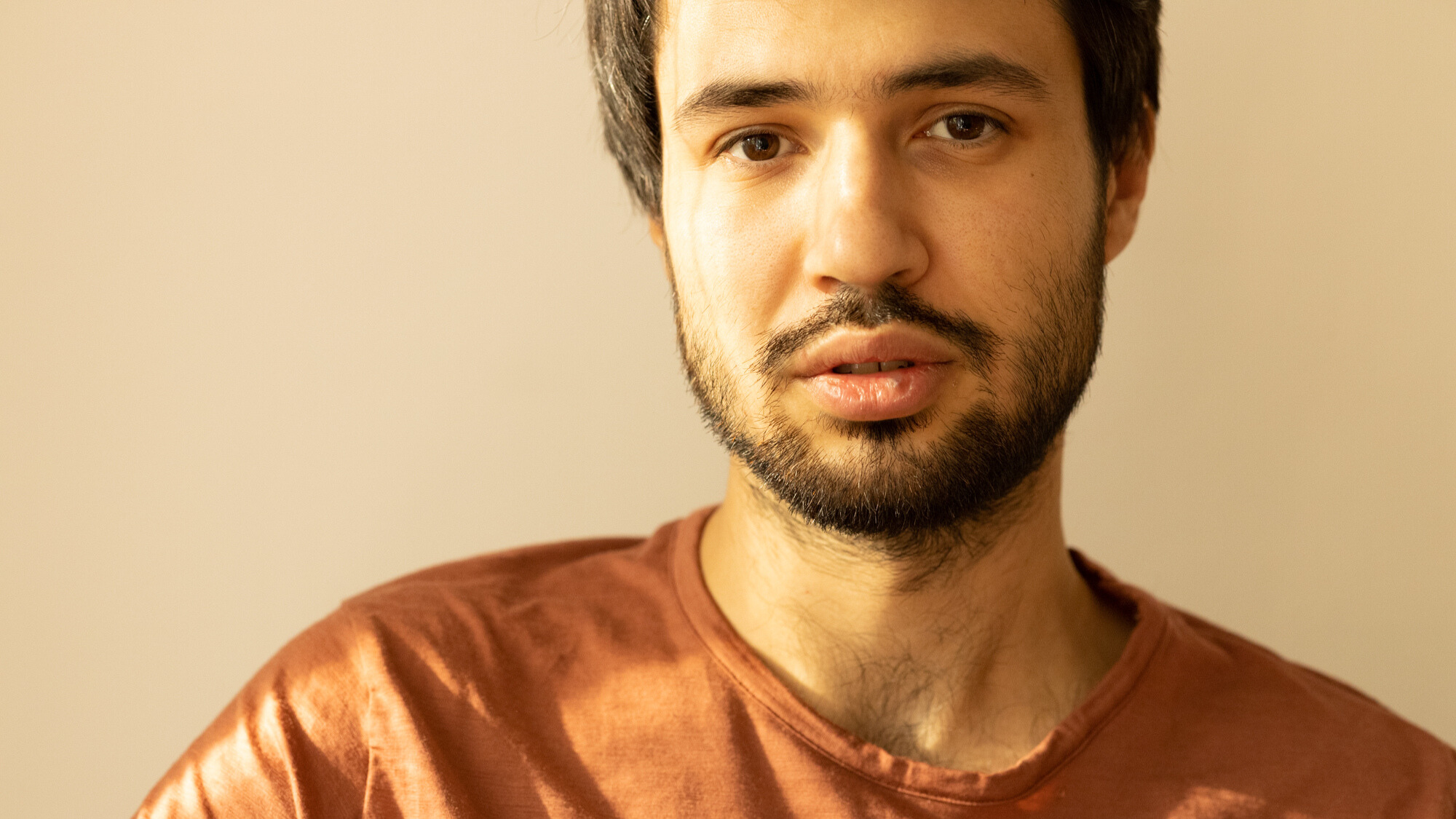
Known for his intimate, observational style, Tudor Platon moves fluidly between the roles of director and cinematographer. His documentaries capture complex emotional truths, often blurring the line between filmmaker and subject. After his debut “House of Dolls” (2020) and the recent “An Almost Perfect Family” (2024), Tudor is now developing his third feature, “Expelled”. In this interview, Tudor reflects on the tension between authorship and vulnerability, the emotional risks of turning the camera on himself, and why revisiting the past feels both urgent and unsettling.
You’ve worked extensively as both a cinematographer and a director. How does your visual storytelling approach shift when you’re behind the camera for your own documentaries?
It shifts in the way that it’s more about what is in the frame than how the frame looks. Of course, I’m counting on my DP reflexes to take care of the shot. For example, I realized that in the last documentary I directed, the camera switches very easy from being a static observer to a playful point of view of the participants (myself included). But those things weren’t planned, it was just the way I adapted the visual aesthetics continuing to be present for what was happening in front of me.
Your documentaries reveal complex emotions in everyday moments. How do you create an environment where people feel comfortable opening up on camera?
It’s something that my grandma told me while I was filming her, that I have to open up first to encourage others to do so. It took me a while, but I got there. Unfortunately, I cannot do it all the time, so I sometimes end up being emotionally stuck on camera too.
You turn the camera onto yourself in your second film “An Almost Perfect Family” and your upcoming third film “Expelled”. What are the biggest challenges of being both the storyteller and the subject?
Sometimes I find it hard to remain authentic to my emotions as a protagonist. I have to initiate actions as a director and then not to control them afterwards, I have to let them go and forget about them, to see where this can take me as a protagonist. But sometimes it works and great things happen.
You are now in development with “Expelled”, which revisits a defining moment from your teenage years. What made you feel ready to return to that experience now, 15 years later?
I don’t know if I am ready or not, this revisitation you mentioned still scares me. But I strongly feel a need to dive into this story about education. Mainly because my son prepares to start school soon and this brings back very strong memories.
This film also coincides with your son preparing for school. How does your role as a parent influence the way you approach the story?
Well, my role as a parent is one of the plot lines of this film, and I think it’s one of the reasons for doing the film to begin with.